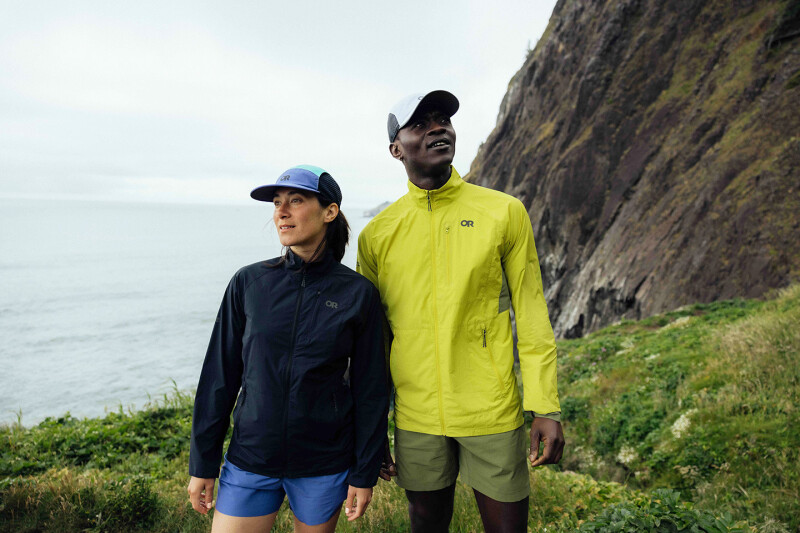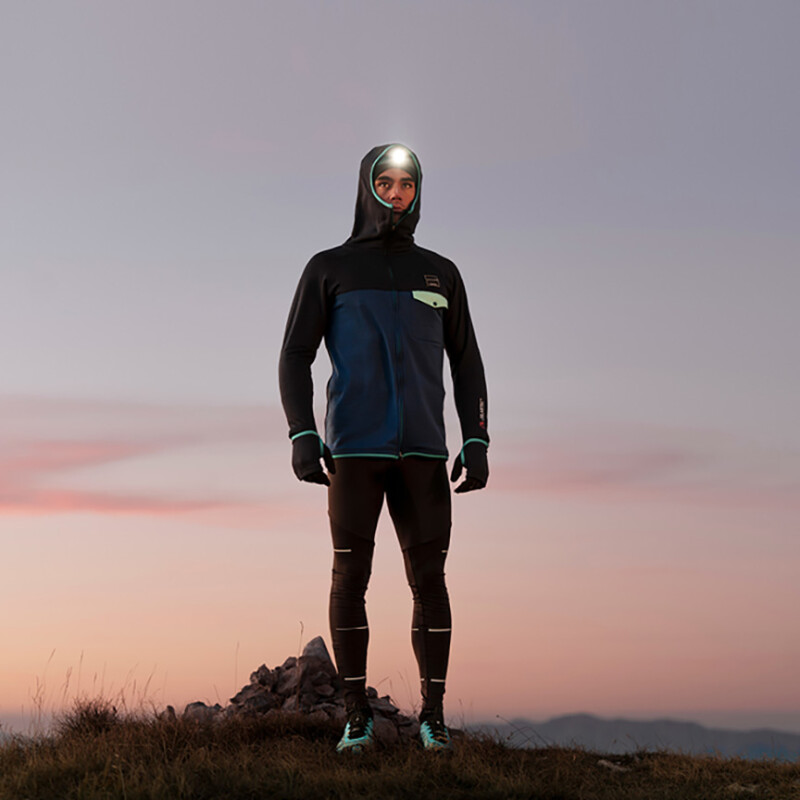E
veryone in run specialty talks about sustainability these days, but apparently there remains a knowledge gap with retailers on the subject, which creates a major opportunity for retailers to get into the sustainability game and connect with their customers.
In fact, only six percent of stores say they offer training on the subject of sustainability. This compares with 35 percent that train on footwear; 31 percent on sports bras and apparel and 27 percent on electronics and fitness technology.
Something needs to change.
So last October, On Running contracted with SBRnet, a provider of data for the sports and active lifestyle market, to conduct an e-mail survey focused on Sustainability within the specialty running market. More than 750 store ownership groups representing 1100 stores and e-commerce outlets were contacted, with a total of 145 completed surveys.
The results are illuminating, with the immediate finding that, according to the report, the Circle of Sustainability Starts with Realization and Education. Among the findings:
• SUSTAINABILITY IS ABOUT MORE THAN JUST RECYCLING
Retailers equate sustainability with recycling in one form or another. Store owners who own or manage races seem to be very concerned about the sustainability issues around the races, more so than their importance on their stores. Retailers responded best to a specific or a more tangible view of sustainability and fewer responded well to less tangible options.
• SUSTAINABILITY IS A PERSONAL ISSUE FOR STORES AND YOUNGER OWNERS
Not surprisingly, data shows that younger store owners – those under the age of 45 – care more deeply about sustainability practices in their personal lives. Yet even they may not know how to translate those personal priorities into their business strategy.
• PERFORMANCE WITH A PURPOSE IS A VIABLE OPTION
Retailers now believe sustainable products are also a viable performance option. This spans both footwear and apparel and retailers believe that it is possible to make high-performance footwear and apparel using recycled materials and adhering to the highest standards of sustainability. But they also believe that brands need to find a way to get their sustainability messaging to consumers on their own and not depend on the retailers to do it.
THE HUMAN TOUCH IS IMPORTANT
In a business where community is so valued, stores look to company representatives for education on sustainability and in turn want their employees on the forefront of educating consumers. n






